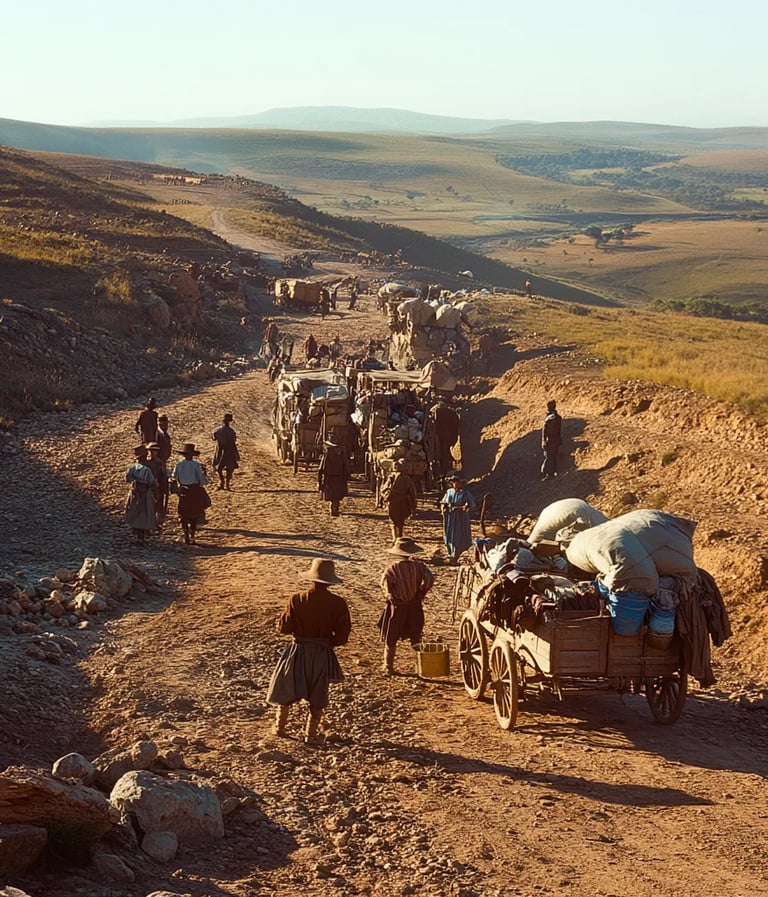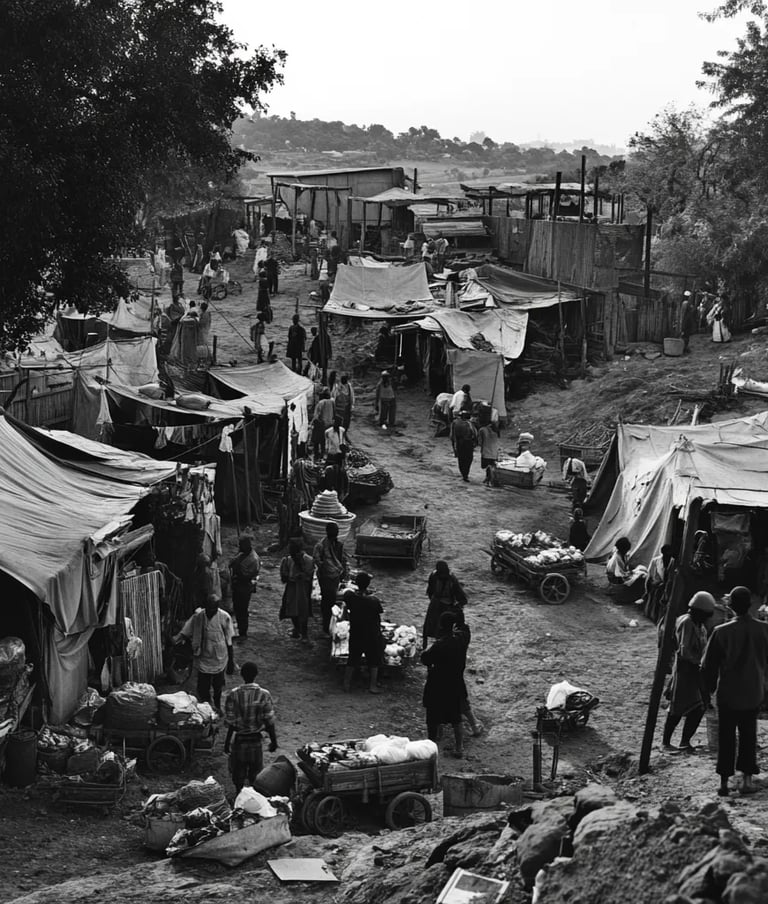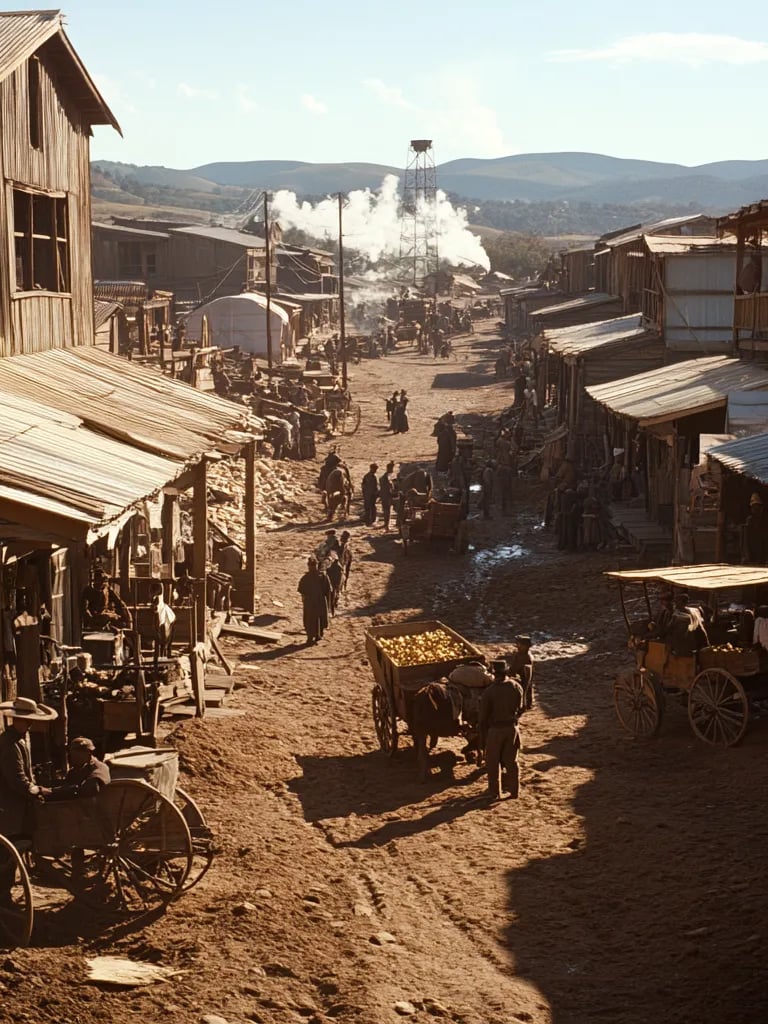On September 20, 1187, Saladin, the Sultan of Egypt and Syria, began the Siege of Jerusalem. Following his victory at the Battle of Hattin, Saladin aimed to reclaim the holy city from Christian Crusaders. His forces encircled Jerusalem, leading to the eventual surrender of the city and marking a pivotal moment in the Crusades.
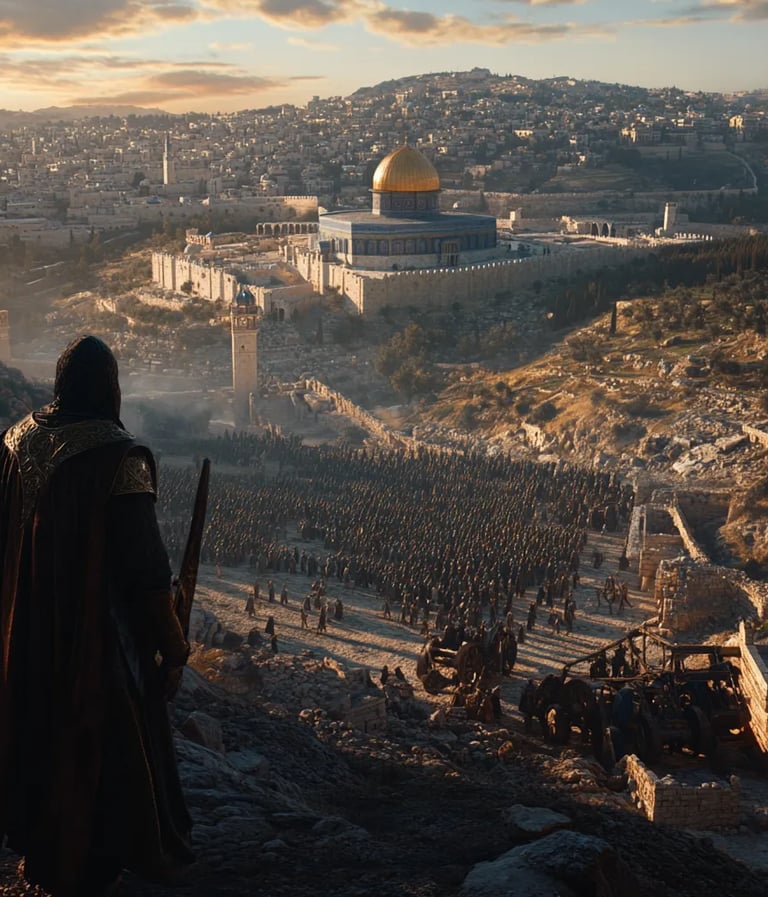

1187 – Saladin Begins the Siege of Jerusalem
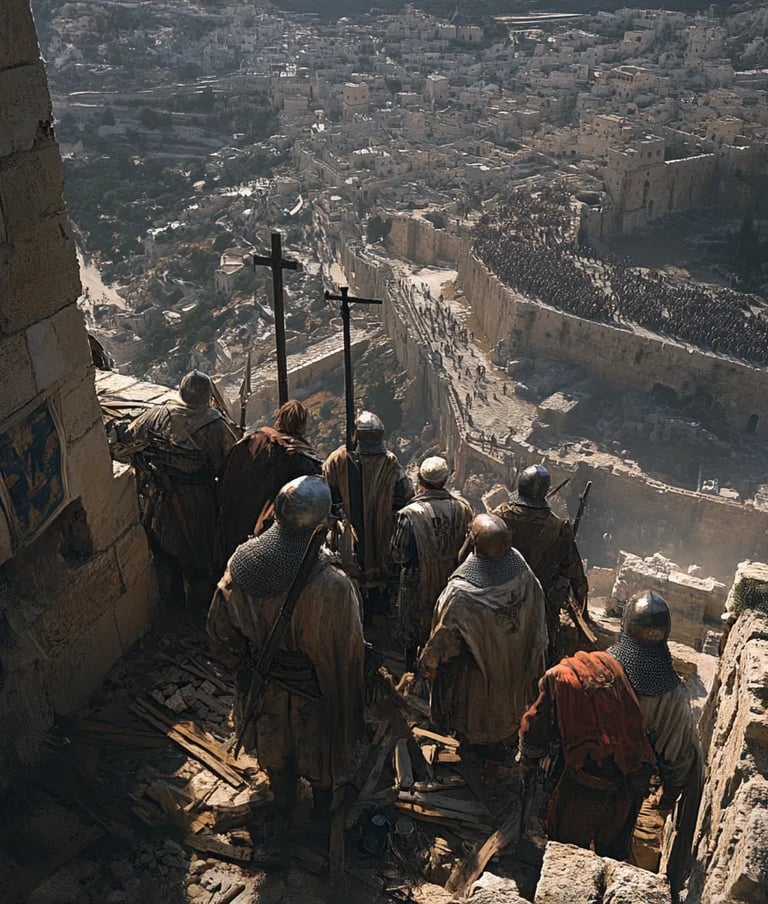

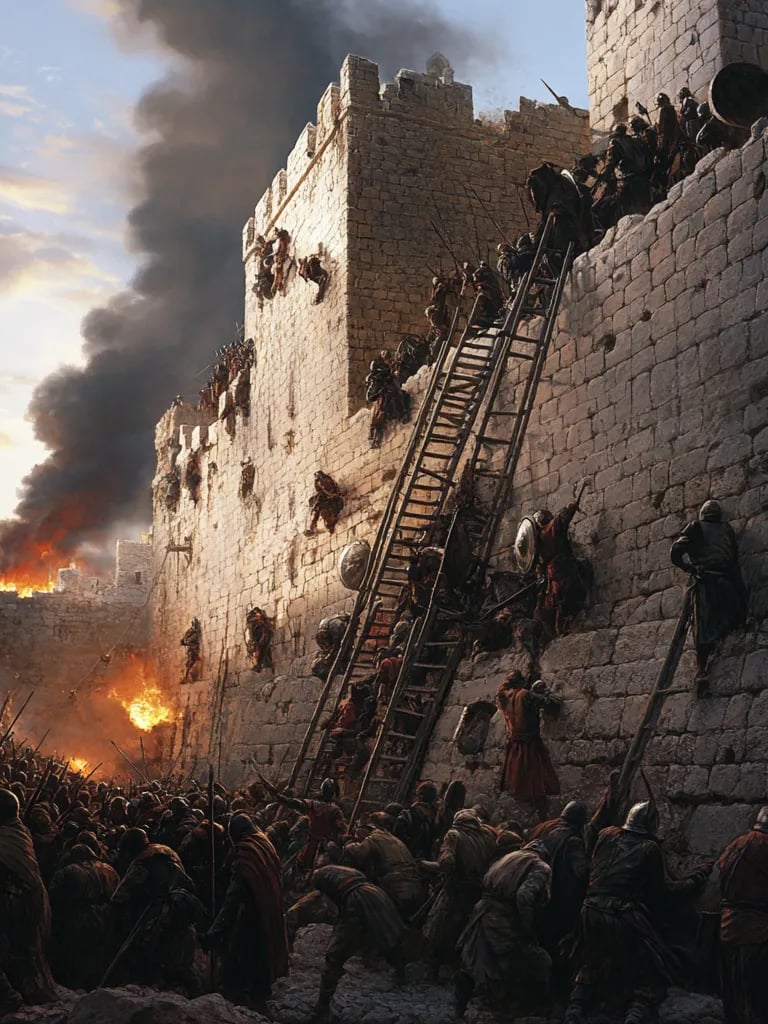

On September 20, 1519, Ferdinand Magellan departed from Spain with a fleet of five ships, embarking on an ambitious voyage to find a westward route to the Spice Islands. Though Magellan was killed in the Philippines, his expedition successfully circumnavigated the globe, proving the world was round and laying the foundation for global exploration.


1519 – Magellan Sets Sail
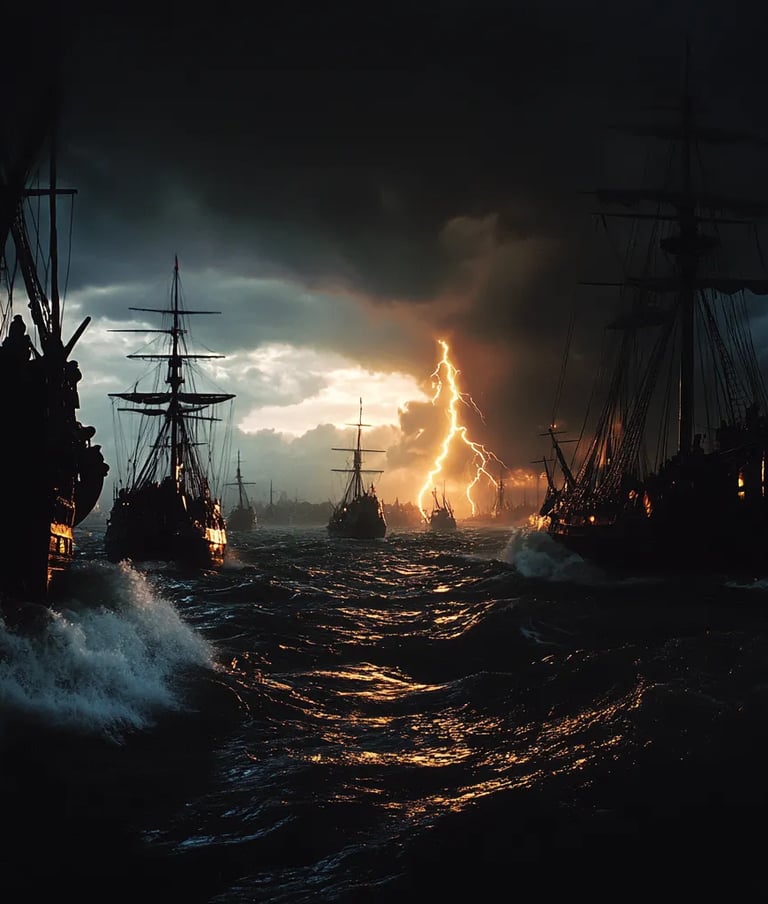



On September 20, 1792, the French National Convention officially abolished the monarchy and declared France a republic. This decision followed the storming of the Tuileries Palace and the rise of revolutionary fervor. It marked the formal end of the French monarchy and initiated the First French Republic during a volatile period of the French Revolution.


1792 – France Declares Itself a Republic




On September 20, 1870, Italian forces captured Rome, concluding the Risorgimento, the unification of Italy. The fall of Rome ended centuries of Papal rule over the Papal States, and the city became the capital of the newly unified Kingdom of Italy. This marked the final step in the long process of Italian national unification.
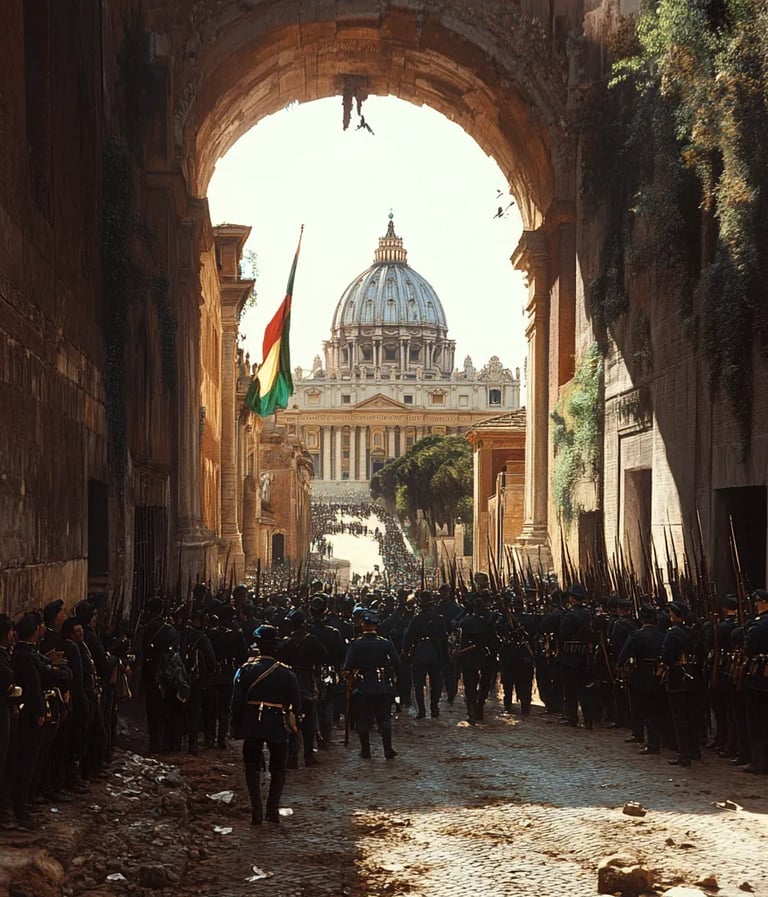

1870 – Capture of Rome
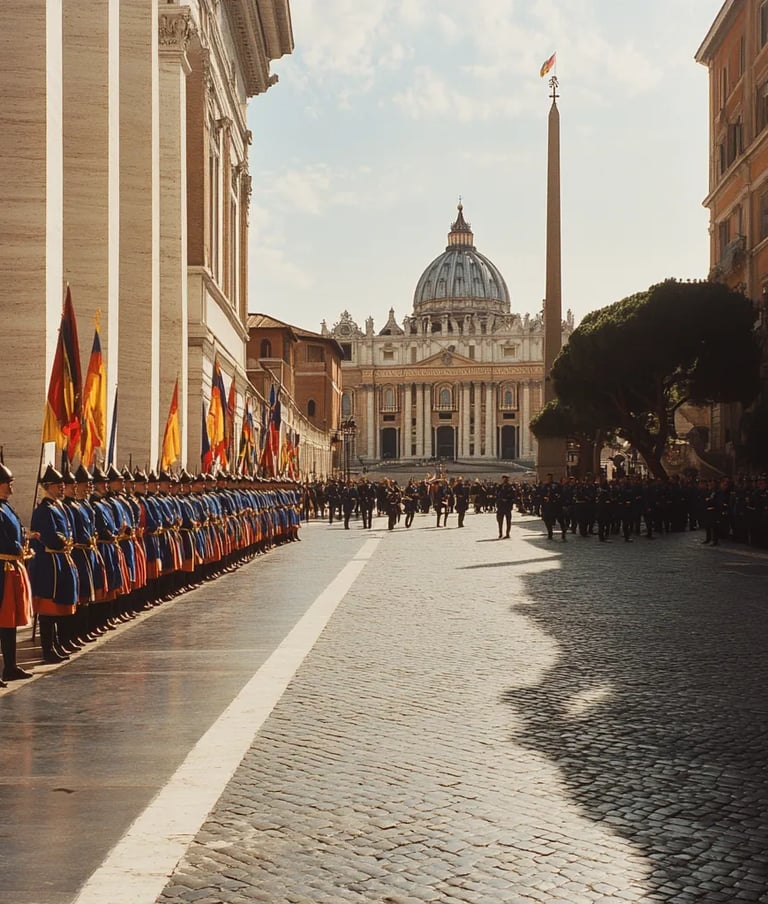

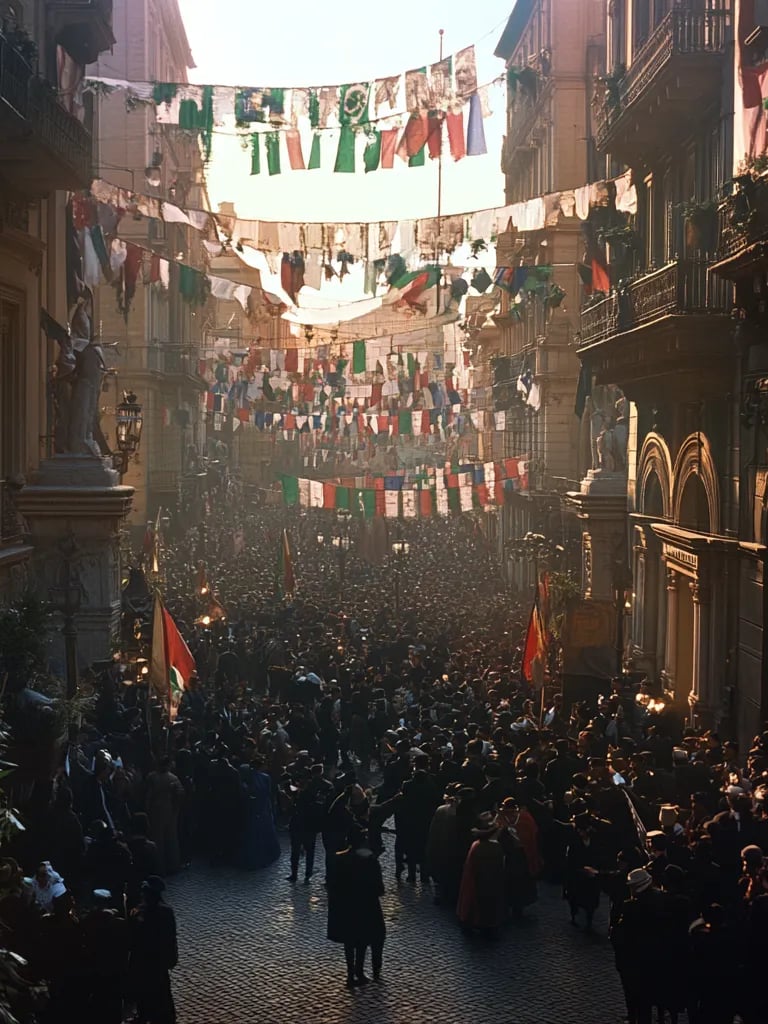

On September 20, 1886, Johannesburg was officially founded after gold was discovered on the Witwatersrand in South Africa. The rapid influx of settlers, miners, and merchants transformed the area into a booming town. Johannesburg soon grew into the economic powerhouse of South Africa, driven by its rich gold deposits and strategic location.
